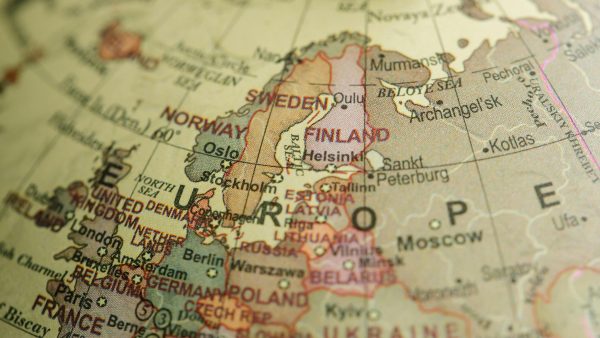As is well known, the degree of pollution is linked to a number of factors such as population growth, urbanisation, industrial development and the use of natural resources, among others. Changes in the way we live, population growth, excessive energy expenditure, the constant need to produce more food and more consumer goods, are factors that have led to great technological advances. In our daily lives, most of the activities we carry out pollute (acoustically, luminously or atmospherically), which is why it is essential to move towards a new culture.
Advances in technology
Advances in technology not only negatively affect the environment, but can also contribute to its improvement, and if used in the right way can be an important tool for the conservation of the planet. In recent times, industries have made impressive advances in the use of technology to help protect the environment, playing an important role in managing global environmental problems. New technologies are helping to reduce pollution, restore ecosystems and protect endangered species.
One example is drones, which help detect illegal logging or hunting in protected areas; or artificial intelligence (AI) that can be used to analyse satellite images and detect changes in land or water quality. With the right use of technology, we can create a healthier environment for future generations, while still enjoying modern conveniences.
Technology can help reduce greenhouse gas changes by generating less carbon dioxide emissions through the use of energy that relies on renewable sources such as solar or wind power. By ensuring that technology is used ethically and responsibly we will be ensuring a safer environment for ourselves and for the future.
Green technologies
As mentioned above, technological advances have allowed us to access more resources and improve our quality of life. On the other hand, it has also led to environmental degradation due to pollution, overconsumption of resources and climate change.
A new concept has emerged recently: green technologies, and they have become increasingly important in our lives because of their rapid growth and above all because of the revolution they bring to the way we interact with the environment.
These green technologies aim to provide sustainable solutions to specific and general problems. With a focus on nature, they assist in the transition to a more sustainable future, providing the ability to reduce fossil fuel consumption, and promote cleaner air and water quality.
Green technologies are increasingly important in the fight against climate change and environmental degradation, but there are many barriers such as the cost of implementation, lack of infrastructure and limited access to resources. Also, a change of mindset among individuals and companies is required, involving investment in renewable energy sources to reduce their carbon footprint and alternatives to reduce waste production.
We can all participate in this paradigm shift by taking different actions such as educating and training ourselves, or by encouraging and supporting initiatives related to the implementation of these technologies.
One area where we can all collaborate is in waste management. For its part, AI can improve waste management by sorting and optimising collection and recycling. It can also help design products and materials that are easier to recycle or have a lower environmental impact.
Another area where we can all (including companies) help is in reusing and donating old electronics, as around 50 million tonnes of electrical and electronic waste is produced every year.
Managing and reducing energy consumption leads to a digital transformation that is already being implemented in many companies, adapting ways of working. One of the main examples is the digitisation of internal processes, which enables a more efficient workflow and reduces paper consumption.
Technology can become one of the most important tools for environmental protection. Advances allow for more knowledge, both technical and scientific, about natural resources. We must move towards sustainable development, it is in our hands to act, educate ourselves and become aware of the importance and role we have with the planet.








